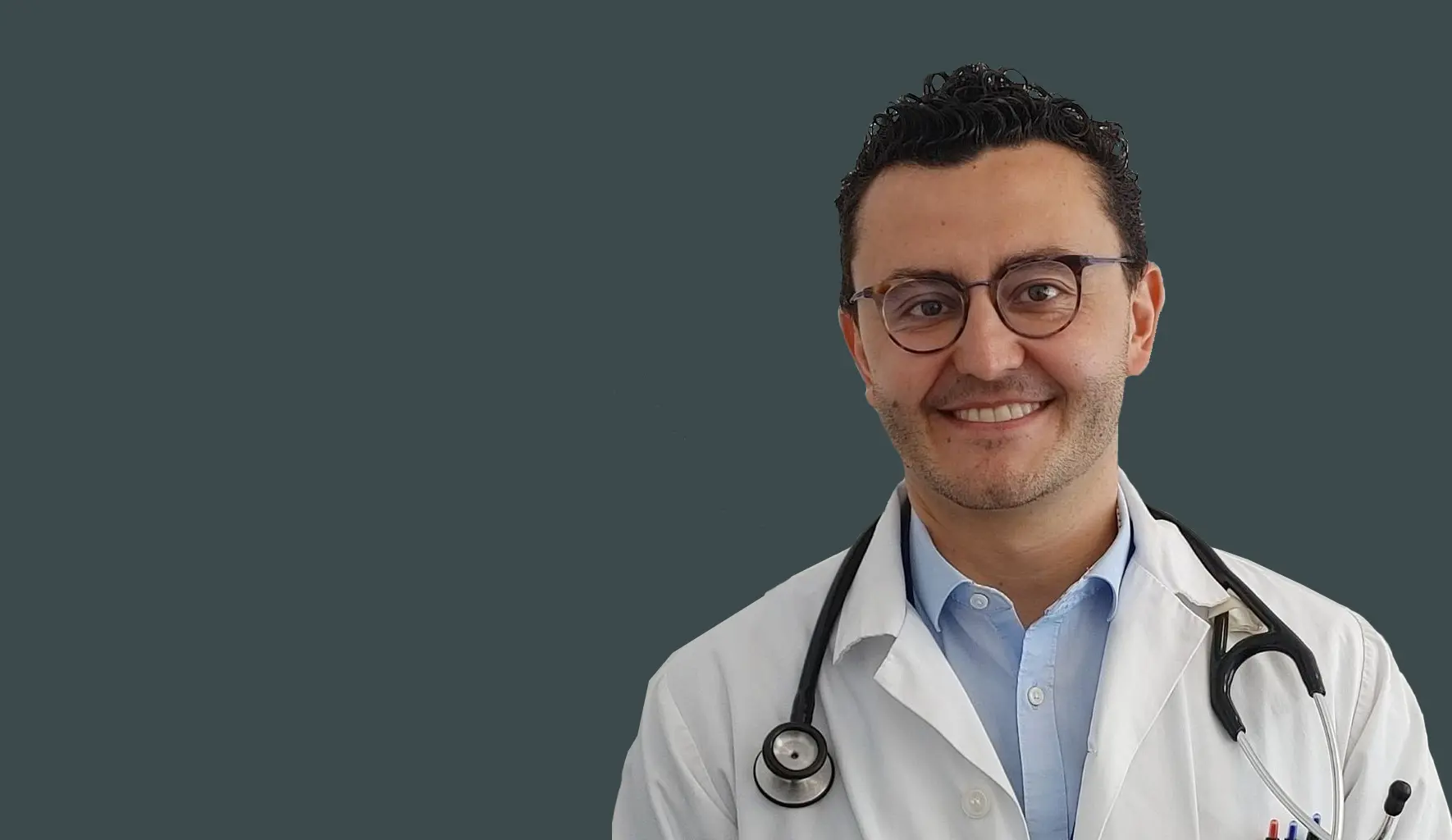How microbiomes influence intratumour immune contexture and response to immune-checkpoint inhibitors in patients with non-small cell lung cancer

Can our microbiomes predict how we’ll respond to immunotherapy?
Every patient that walks into Dr. Bertrand Routy’s office wants to know the same thing: how will they respond to the immunotherapy he’s just prescribed them. Each time Dr. Routy is forced to answer frankly: “I don’t know. We’ll just have to wait and see.”
For Dr. Routy, an immuno-oncologist and microbiome specialist at the Centre de recherche du Centre Hospitalier de l'Université de Montréal (CRCHUM) whose practice and research focuses on non-small cell lung cancer (NSCLC), this answer simply isn’t good enough. “When immunotherapy emerged a decade ago, we thought it would revolutionize lung cancer treatment,” he says. “But while it has incredible results for some patients, the majority of my patients still don’t benefit from this innovative treatment, and advances in the field have sadly plateaued in recent years.”
To push past this plateau, Dr. Routy believes that researchers must think outside the box to find new ways to understand who will respond to immunotherapy and, more importantly, improve the efficacy of these therapies for more patients. He aims to using new funding from the Marathon of Hope Cancer Centres Network’s new Clinician-Scientist Award (valued at $225,000, which will be matched by CRCHUM over the next three years for a total of $450,000) to try to answer these questions by exploring an emerging area of health sciences: the human microbiome.
The microbiome-cancer connection
The human microbiome is the collective name given to the trillions of microbes that live within and on the human body. In recent years, the composition of our gut microbiome – the collection of microbes that live in our digestive tracts – has become a hot topic for researchers and health enthusiasts alike, after it was found to play an important role in many aspects of our health, from overall longevity to mental well-being.
But the gut isn’t the only place of the body where bacteria and microbes live. Recently, researchers have discovered these organisms in tissue previously perceived as “sterile”, including tumours and blood. These discoveries have led immunotherapy researchers like Dr. Routy to begin exploring potential links between these microbiomes and cancer — yielding extraordinary results in the process.
“We now know that the diversity of our microbiomes and the presence or absence of specific bacteria in our bodies affects how we respond to different cancer therapies,” explains Dr. Routy. “These bacteria – whether they’re in the gut or in a tumour – are key mediators of our response to immunotherapy, which makes us believe that we could test for their presence to know if a patient will respond to the therapy or not.”
This could constitute a major paradigm shift for immunotherapy, which is why he and his team will use the new award to validate these findings in patients with NSCLC undergoing immunotherapy, while also taking them one step further. As part of his project, he will perform multi-omics sequencing of the gut microbiome, the peripheral blood, and the tumour to see if these three microbiomes are actually connected, while also conducting clinical studies that test if altering the gut microbiome – through the use of fecal transplants and prebiotics – can have a downstream effect in the composition of the tumour microbiome, which in turn could help improve the chances of a positive response to immunotherapy.
“I truly believe that if validated, this would be the biggest discovery in immunotherapy research since the advent of immune-checkpoint inhibitors,” says Dr. Routy.
Coming together to advance precision medicine for cancer patients
The Clinician-Scientist Award will permit Dr. Routy and his team to access the full power of the Marathon of Hope Cancer Centres Network, accessing expertise and data from collaborators across Canada. This will help him validate any findings made through the project, which will be essential to bring them one step closer to his patients.
Key Researcher
-
Bertrand
Project LeaderInstitutional Lead
Routy
